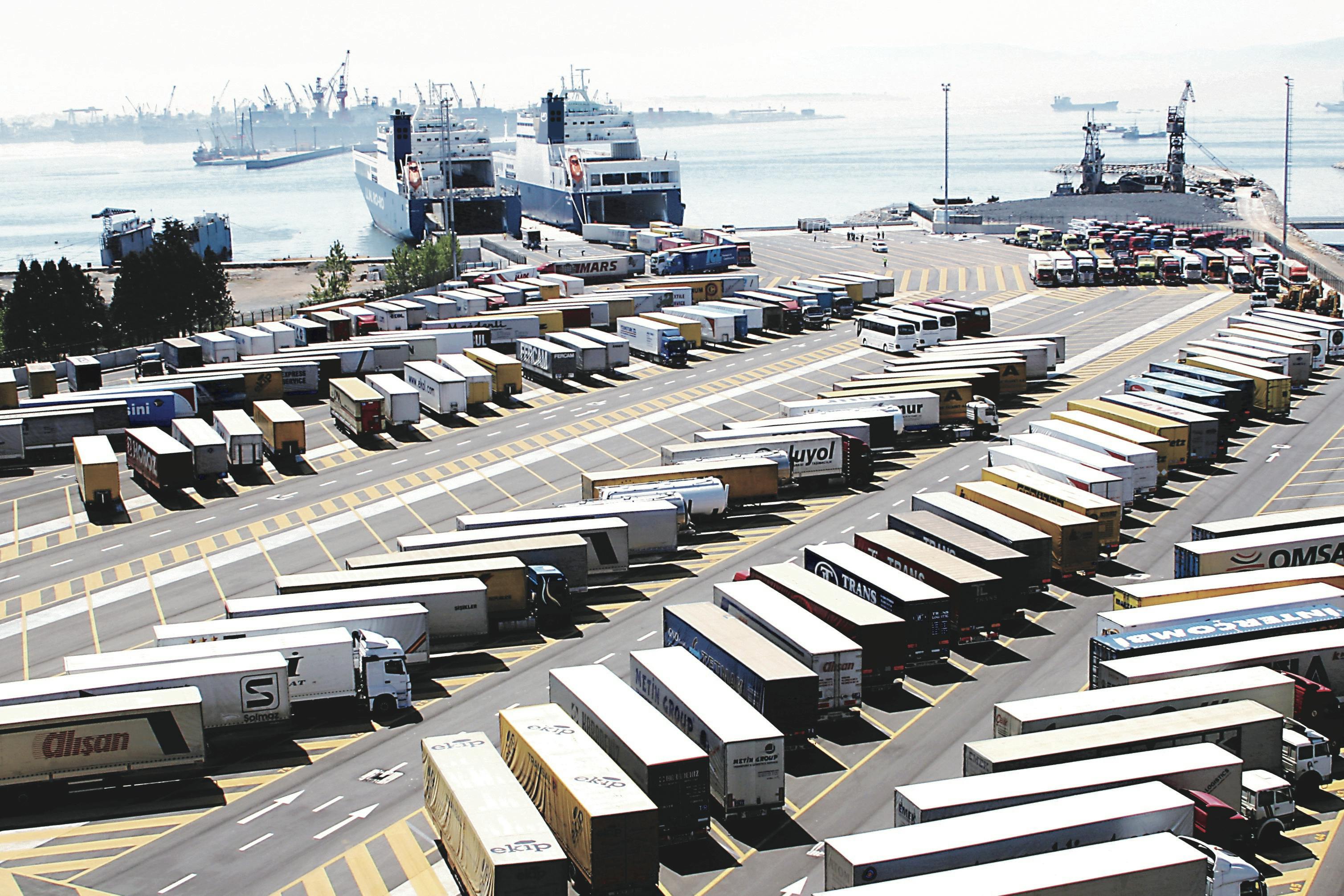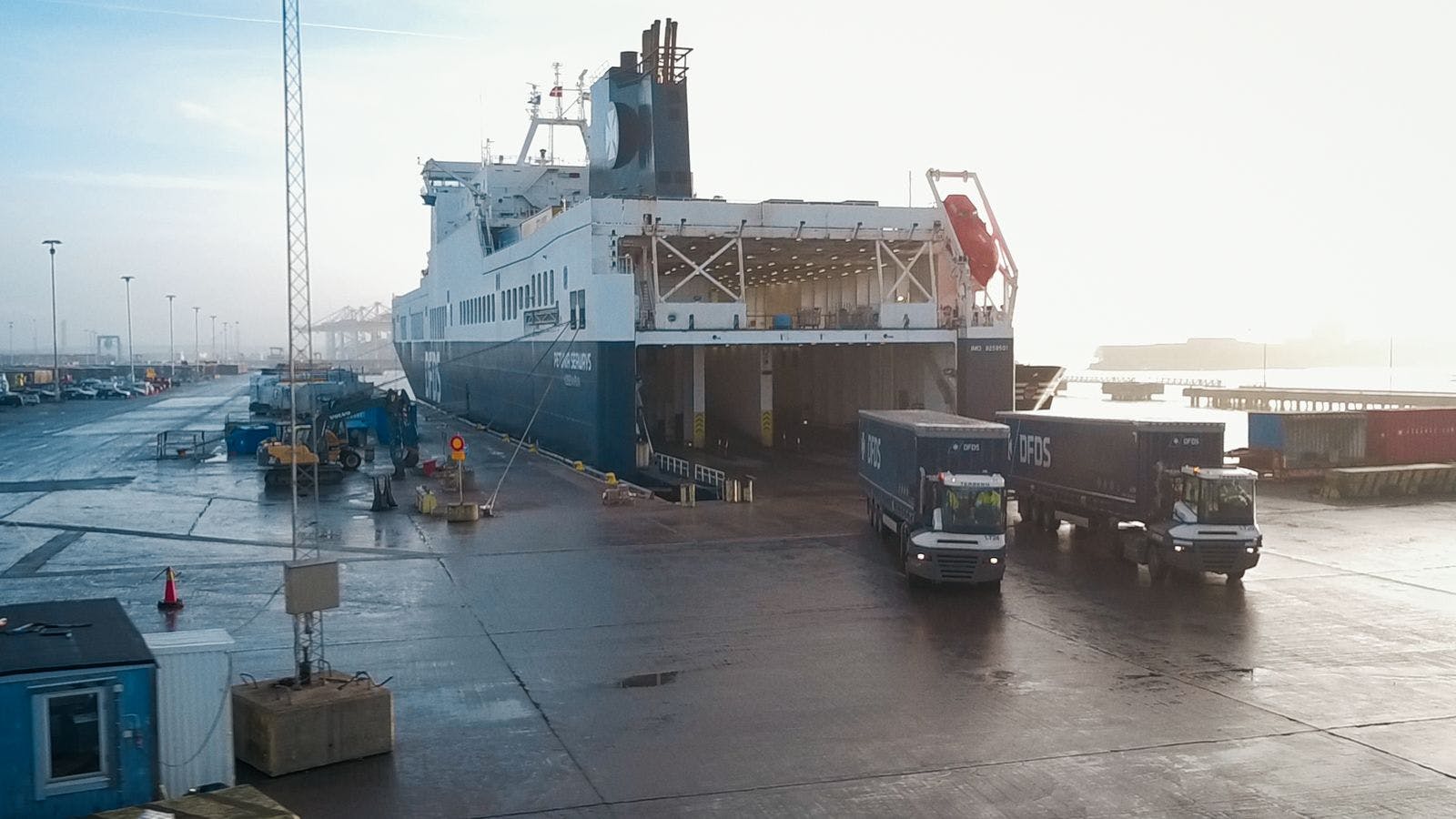Environmental impact

Targeting to increase GPS tracked bookings
Lowering empty running to reduce fuel and CO2
New reefer containers use carbon dioxide
98% trucks have Euro class engines
Cutting back on empty kilometres
Reducing the distance our trucks drive with no payload is by far the most important factor in making our haulage operations more environmentally-friendly.
Diminishing or avoiding empty running enables optimisation of our fleet of trucks, which reduces fuel and CO2 emissions.
Track and Trace on our trucks increases transparency and make it easier to monitor empty kilometres.
DFDS targeted to increase bookings that are GPS tracked from 26% in 2019 to 95% in 2020.
Our Cargo Balance Initiative (CBI) visualises existing data to improve logistics planning.

Reporting on empty running
The increase in empty running is partly due to our acquisition of Special Cargo which was integrated into our operational system mid 2019. Their empty running has been higher due to their niche type of equipment.
The share of forwarded volumes of our total haulier costs decreased from 2018 to 2019. Purchasing transportation services from third parties does not include their potential empty running in our calculations, so when the share of forwarders decreases, the registration of empty kilometres will increase.
With kilometres, fuel and CO2 savings as benefits, we will continue to focus on reducing empty running and strengthen our efforts.

Investing in a green fleet
We try to use biofuel to replace conventional fossil fuels.
We invest in trucks with the highest possible Euro class engines, 94% of our 640 trucks are Euro 5 or 6 certified.
In 2019, we bought 20 new trucks as the first of 47 vehicles coming to the UK. The vehicles effectively reduce harmful gas emissions while being very fuel-efficient.
Purchased 50 new, more environmentally-friendly reefer containers. They refrigerate using carbon dioxide and cuts the global warming impact of the cooling system to a minimum.

